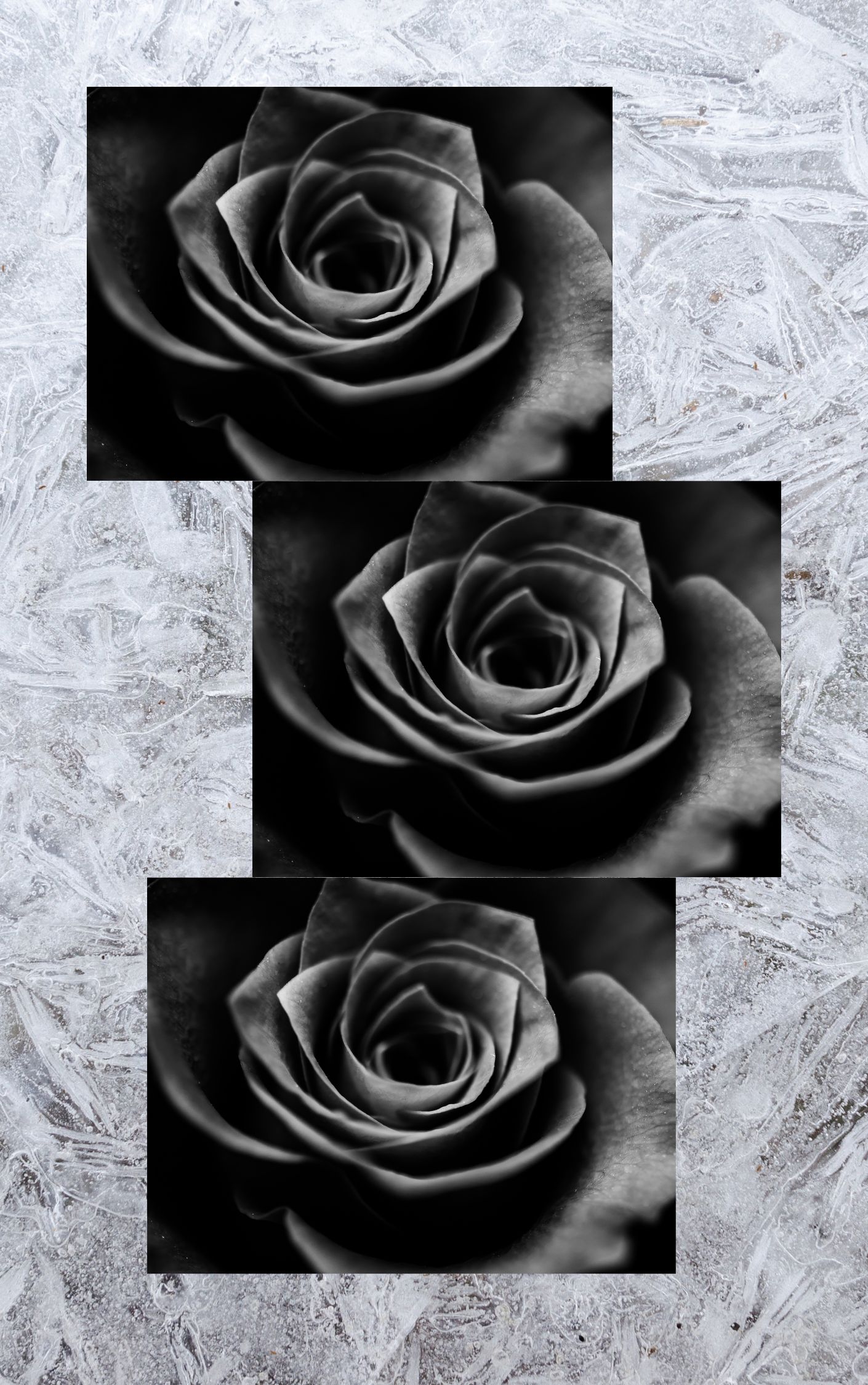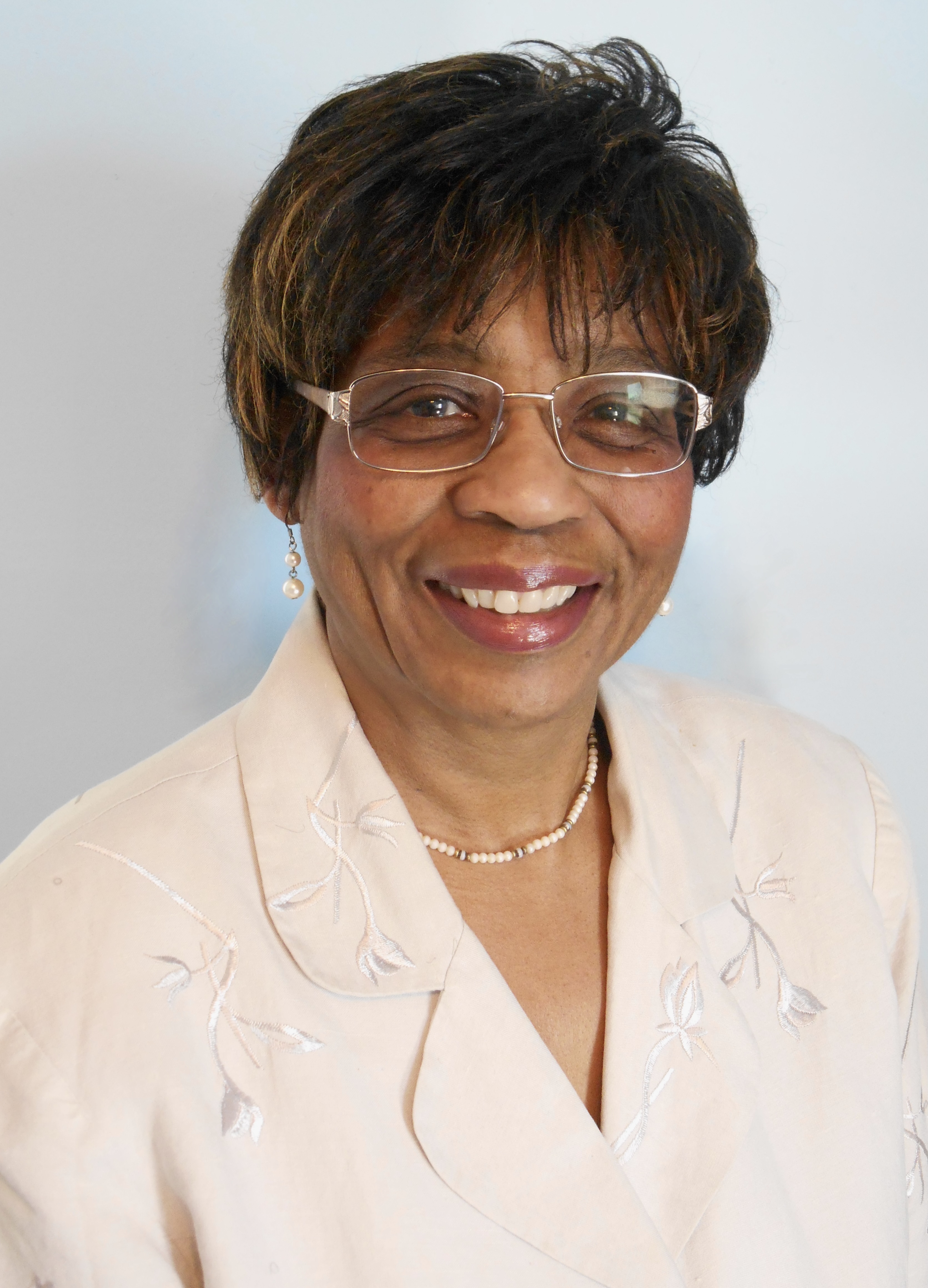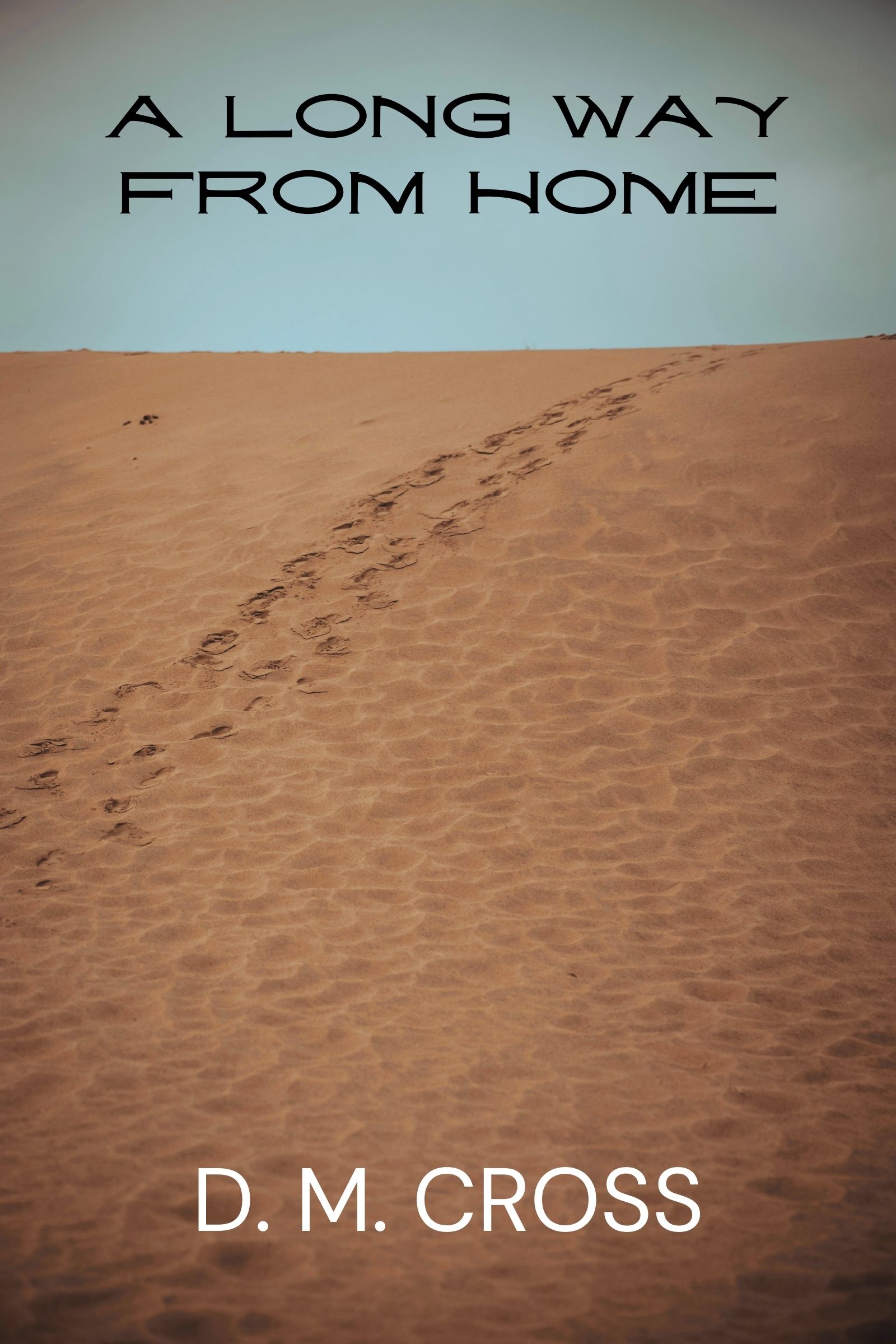
Black Roses
By Denise Cross
Playwright Denise King Cross created scenes from the lives of 3 important women from African American history. These dramatized scenes were based on true events.
In the first scene Phillis Wheatley, the first known African American poetess, carries a letter from General George Washington to his Revolutionary War headquarters outside Boston. Washington was so impressed by a poem she wrote about him that he invited her to visit him when she could. However, she is stopped by a sentry who won't let her see him. She shows him the letter but realizes he can't read.
The second scene takes place in Daytona Beach, Florida in 1920. Mary McLeod Bethune is in one of her school rooms preparing for an attack by the Ku Klux Klan. The Klan wants to intimidate the African Americans of the area from voting for a candidate who promised to help them. She has a surprise waiting for them.
In the final scene we meet an old "Stagecoach Mary" during the time after she drove a stagecoach for the Ursuline nuns in Montana. She runs a laundry in town when a reporter from "back East" asks if he can interview her for his newspaper. She insists she doesn't have anything interesting to tell him - then tells him about her gun-toting, stagecoach driving days.
In the first scene Phillis Wheatley, the first known African American poetess, carries a letter from General George Washington to his Revolutionary War headquarters outside Boston. Washington was so impressed by a poem she wrote about him that he invited her to visit him when she could. However, she is stopped by a sentry who won't let her see him. She shows him the letter but realizes he can't read.
The second scene takes place in Daytona Beach, Florida in 1920. Mary McLeod Bethune is in one of her school rooms preparing for an attack by the Ku Klux Klan. The Klan wants to intimidate the African Americans of the area from voting for a candidate who promised to help them. She has a surprise waiting for them.
In the final scene we meet an old "Stagecoach Mary" during the time after she drove a stagecoach for the Ursuline nuns in Montana. She runs a laundry in town when a reporter from "back East" asks if he can interview her for his newspaper. She insists she doesn't have anything interesting to tell him - then tells him about her gun-toting, stagecoach driving days.


